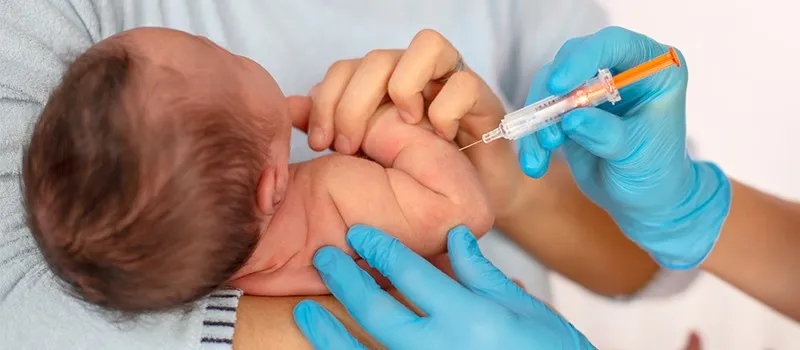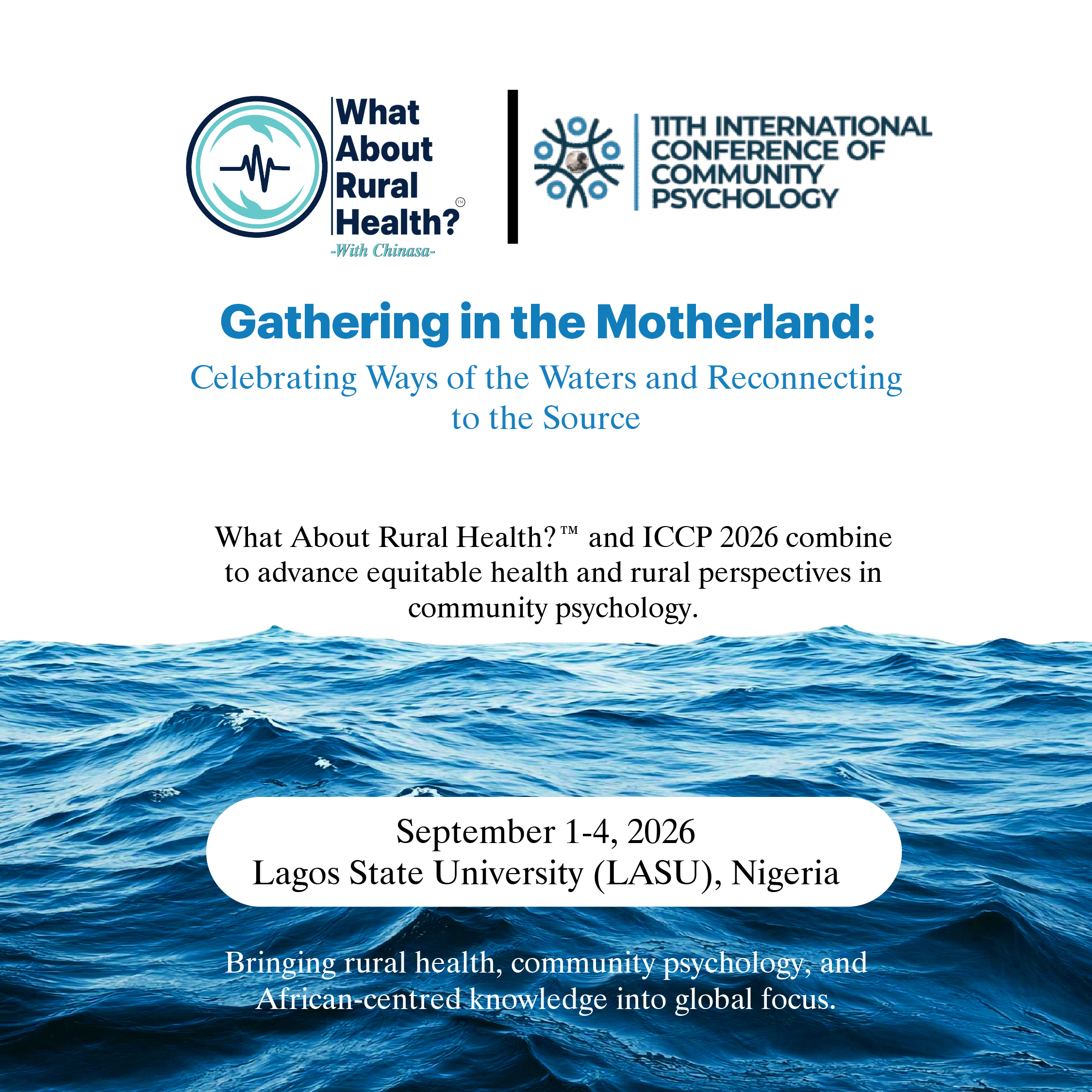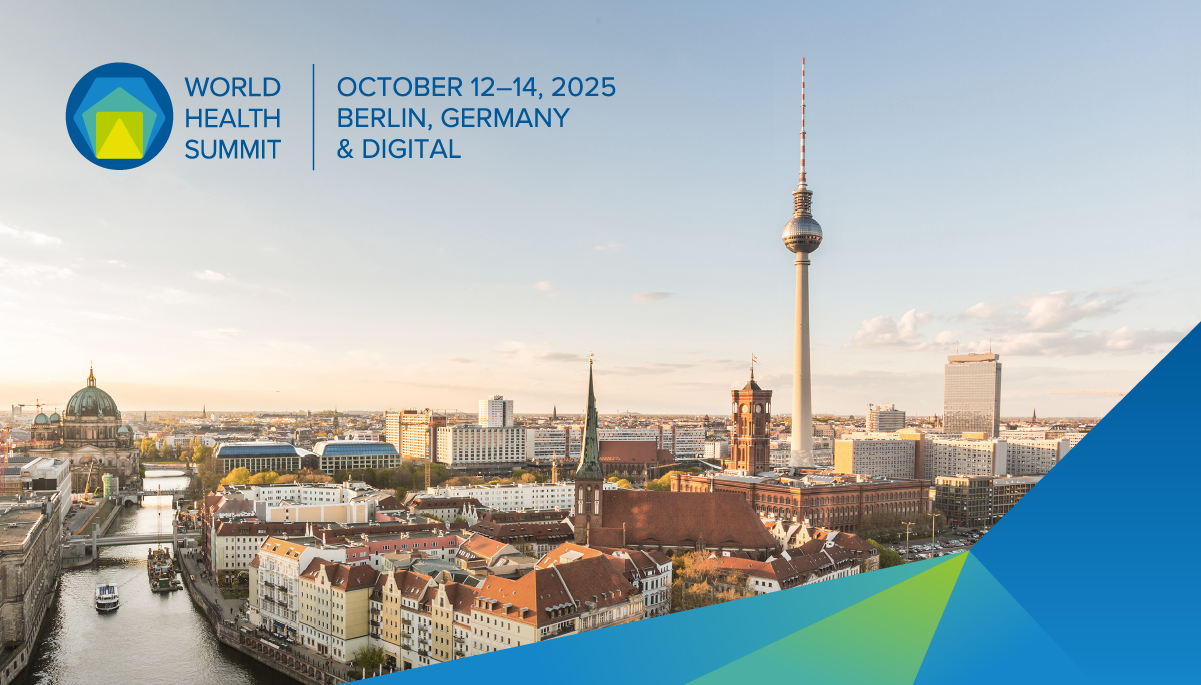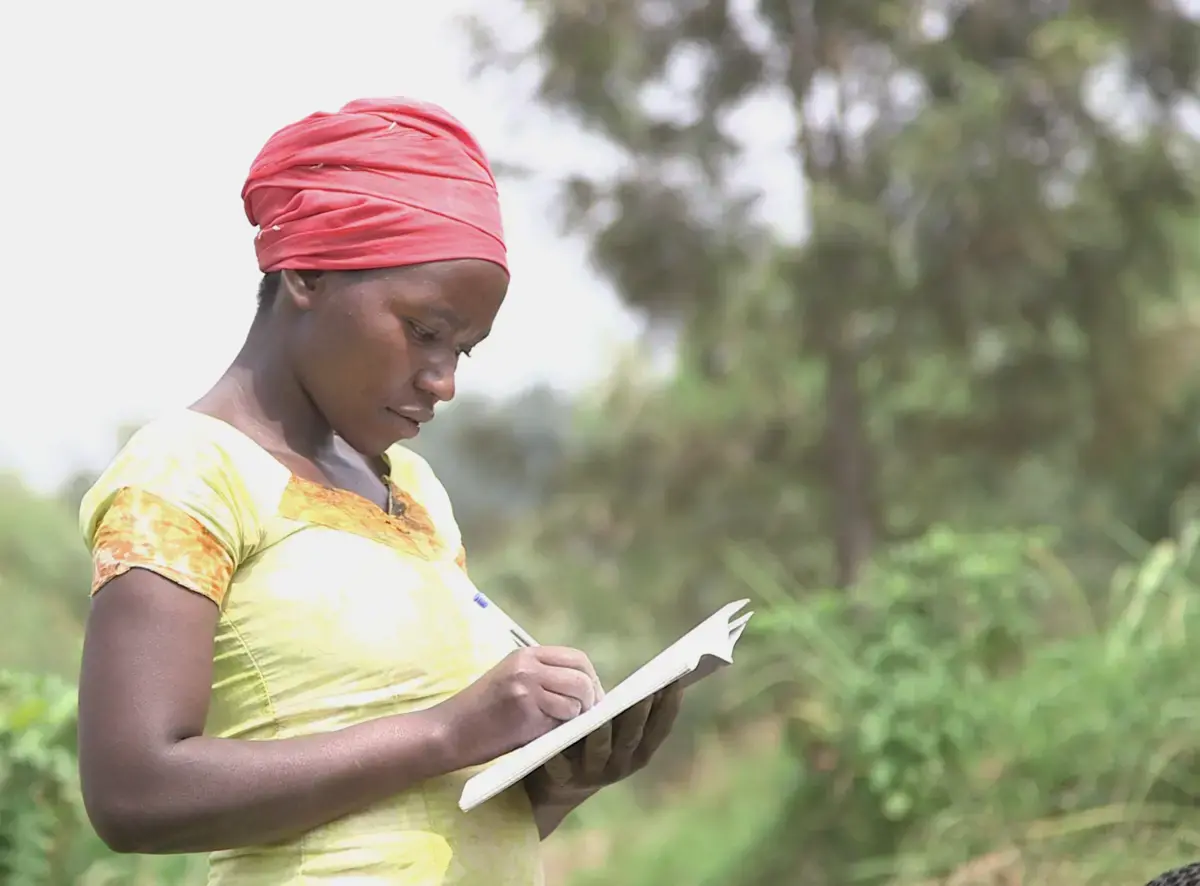by Elijah Nsikak
On June 25, 2025, world leaders, health advocates, and institutional partners gathered in Brussels for the Global Summit: Health & Prosperity through Immunisation. The event, co-hosted by the European Union, the Gates Foundation, and Gavi, the Vaccine Alliance, delivered one of the most robust collective affirmations of immunisation’s power to save lives, protect economies, and secure health equity—especially for the world’s poorest children.
Here are the key takeaways:
$9 Billion Raised — But the Work Isn’t Done
The summit raised over $9 billion toward Gavi’s $11.9 billion goal for its next five-year strategic cycle (2026–2030), called Gavi 6.0. This funding is expected to help: – Protect 500 million children from preventable diseases
– Avert 8–9 million deaths
– Prevent outbreaks of cholera, mpox, Ebola, and more
– Unlock an estimated $100 billion in economic benefits
Additional pledges are expected in the months ahead, especially from countries aligning with domestic budget cycles.
See: Gavi 6.0 goals (2026-2030)
Record-High Donor Participation
This was Gavi’s largest group of sovereign, philanthropic, and private sector donors ever. From Team Europe’s €2 billion pledge to the Gates Foundation’s $1.6 billion, the show of solidarity emphasized how critical immunisation remains for global health security.
Even former and current Gavi-supported countries like India, Rwanda, Uganda, and the Central African Republic stepped up. CAR’s President Faustin-Archange Touadéra pledged $1 million over five years, a powerful symbol of commitment from low-income countries.
Watch the pledging session here
Innovative Financing is Shaping the Next Chapter
A standout feature was the announcement of $4.5 billion in new financial mechanisms: – $3B in partnerships with development banks like AIIB, ADB, and the World Bank – $1.5B in liquidity support for emergency and flexible funding – Groundbreaking efforts like Gavi’s MDB multiplier to expand impact
This sets a new standard for blending aid with sustainable country-led health system financing.
Vaccine Manufacturers Step Up
Manufacturers committed to: – Reducing vaccine costs (e.g. malaria vaccine down to <$5 per dose) – Increasing production and storage efficiencies – Supporting Africa’s vaccine sovereignty through Gavi’s AVMA (African Vaccine Manufacturing Accelerator)
Notably, the Serum Institute of India, GSK, and Bharat Biotech announced price reductions and technology transfer agreements to boost access and reduce logistical barriers.
Private Sector Innovation is Accelerating Delivery
Over $149 million in private sector partnerships were announced to strengthen delivery systems. Highlights include: – Zipline’s drone delivery expanding across four African nations – Simprints launching AI-powered biometric ID tech for infant vaccine records – Grand Challenges Canada anchoring a $40M Innovation Scale-Up Fund – New cold chain and solar-powered tech coming to rural health centers in Rwanda
Why It All Matters
This summit was more than a fundraising event — it was a coordinated global alignment on health equity. At WARH?, we pay close attention to how global decisions affect rural and under-resourced communities, and this summit gave us real optimism.
But funding gaps still remain. If Gavi doesn’t hit its full $11.9B target, millions of children may go unvaccinated, undermining years of global health gains.
Final Thought: Immunisation is an Equity Issue
As global health narratives evolve, let’s remember that vaccines are not just medical tools — they’re tools for justice. For the remote mother walking hours to a clinic. For the health worker doing outreach in hard-to-reach villages. For every child born into a system that still has gaps.
We applaud Gavi and its partners — but we also know that the work isn’t finished. This summit reminds us what’s possible when the world comes together.
Let’s keep the momentum going.
Read the full report: World leaders recommit to immunisation amid global funding shortfall
Also see: The campaign for Rural Health
